Title
The Stranger WithinPosted In
ExhibitionDuration
14 September 2013 to 01 December 2013Venue
MAK DESIGN SALON #02Location
| Detailed Information | |||||
|---|---|---|---|---|---|
| Title | The Stranger Within | Posted In | Exhibition | Duration | 14 September 2013 to 01 December 2013 |
| Venue | MAK DESIGN SALON #02 | Location |
Pötzleinsdorferstraße 102 1180 Vienna
Austria | ||
Working in dialogue with the design of the home's stately historical context, the installations, across several different spaces, explore the idea of being foreign in a space and yearning for the familiar and welcome atmosphere of what feels like home. Their presentation explores a present time, a dislocation and sense of other provoked by items that are 'exotic' and therefore disparate, set in new and unfamiliar locations.
Formafantasma present a collection of experimental objects within the Geymüllerschlössel’s architectural setting. By presenting this collection of items in a place where they don't seem to belong, Formafantasma explore our changing modernized perception of identity in relation to location and challenge preconceptions of what belongs in a given place or time; reflecting the multiplicity that exists in a world where people are increasingly transient.
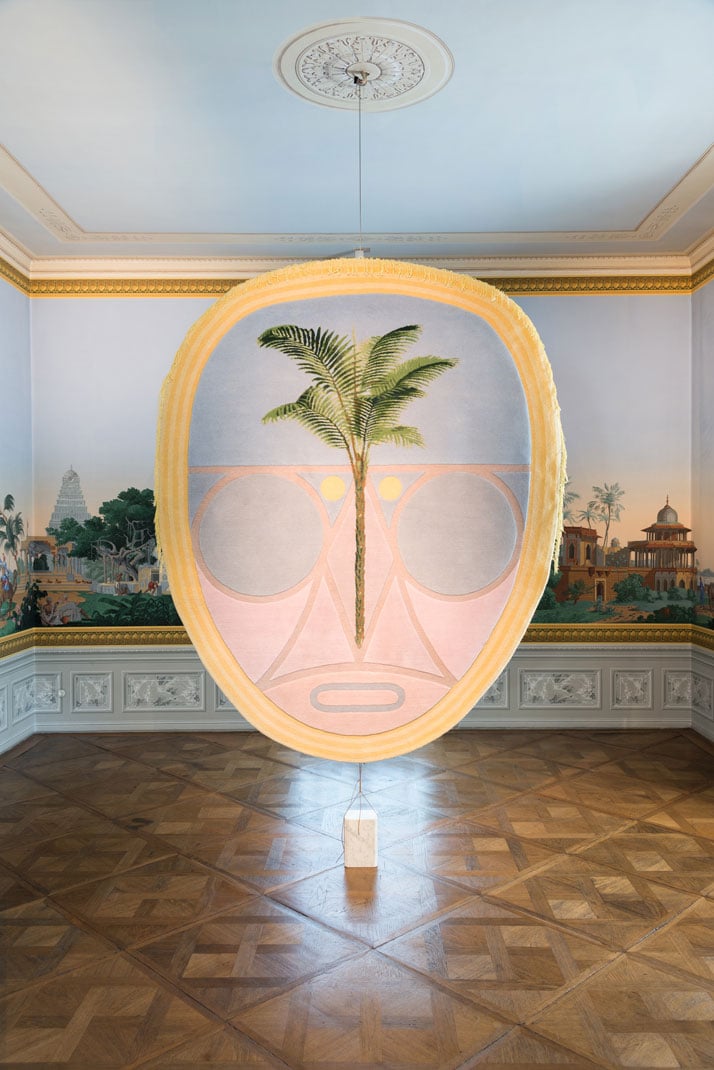
STUDIO FORMAFANTASMA. The Stranger Within, installation view. Photo © MAK / Katrin Wißkirchen.
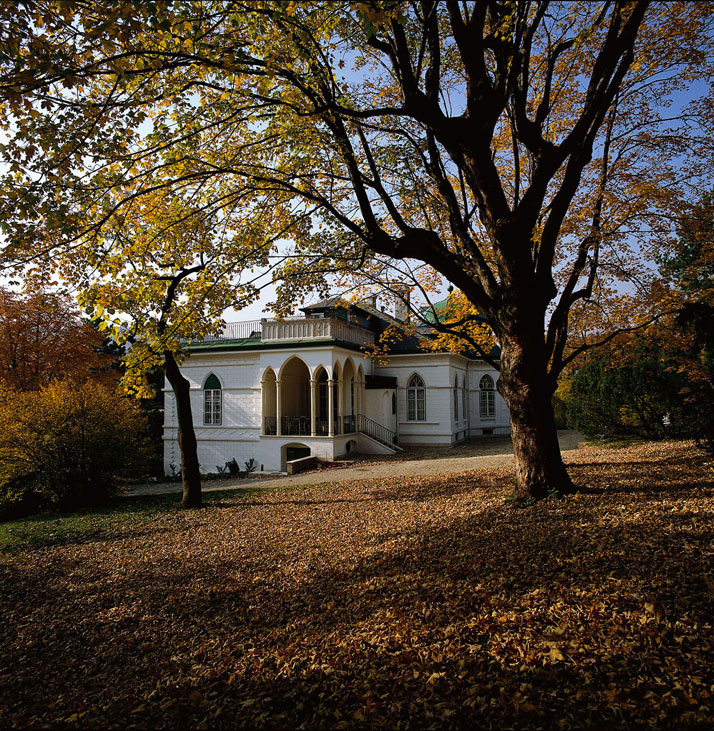
Photo © MAK / Katrin Wißkirchen.
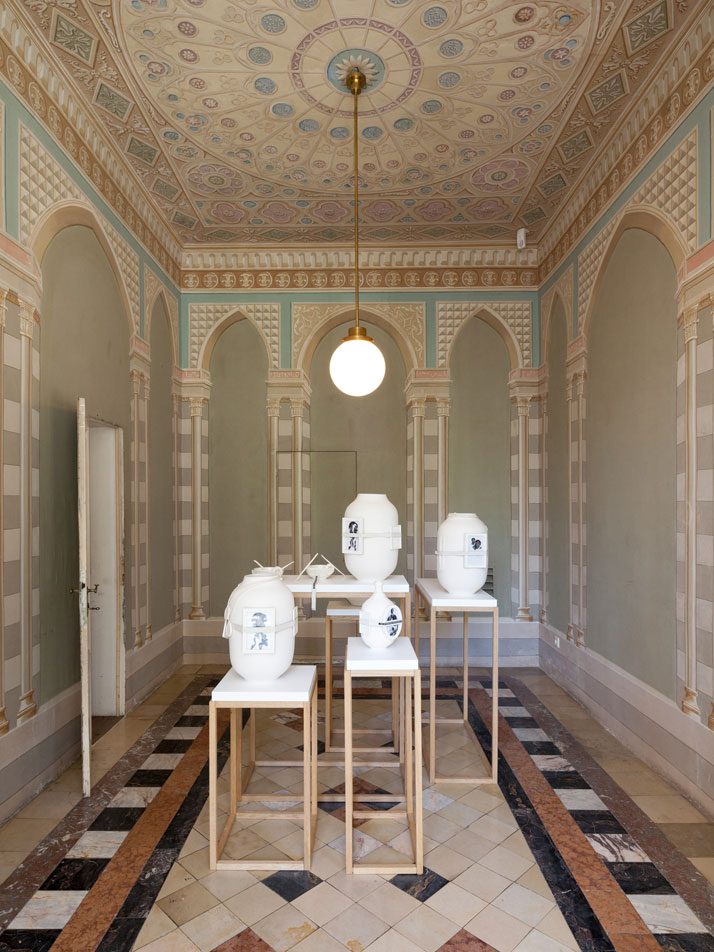
STUDIO FORMAFANTASMA. The Stranger Within, installation view. Photo © MAK / Katrin Wißkirchen.
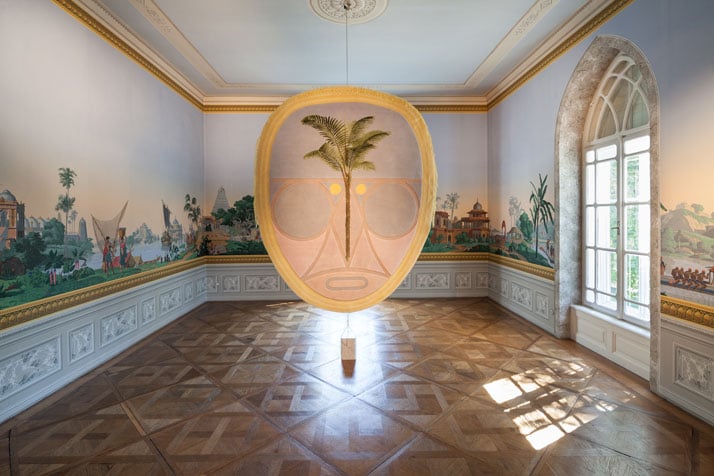
STUDIO FORMAFANTASMA. The Stranger Within, installation view. Photo © MAK / Katrin Wißkirchen.
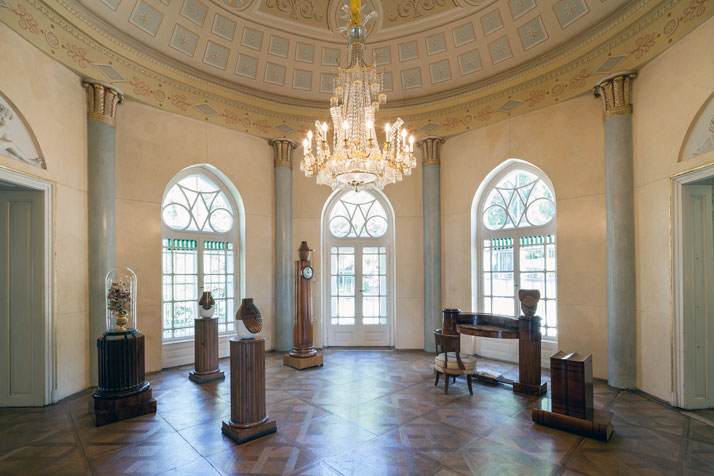
STUDIO FORMAFANTASMA. The Stranger Within, installation view. Photo © MAK / Katrin Wißkirchen.
The designers voice this concept in their own words:
''In a globalized world where the concept of the ‘exotic’ is losing its meaning, we invite the audience to take a closer look and, in questing after inspiration for the design of the present and the future, to turn their gazes both inward and back towards the past….''
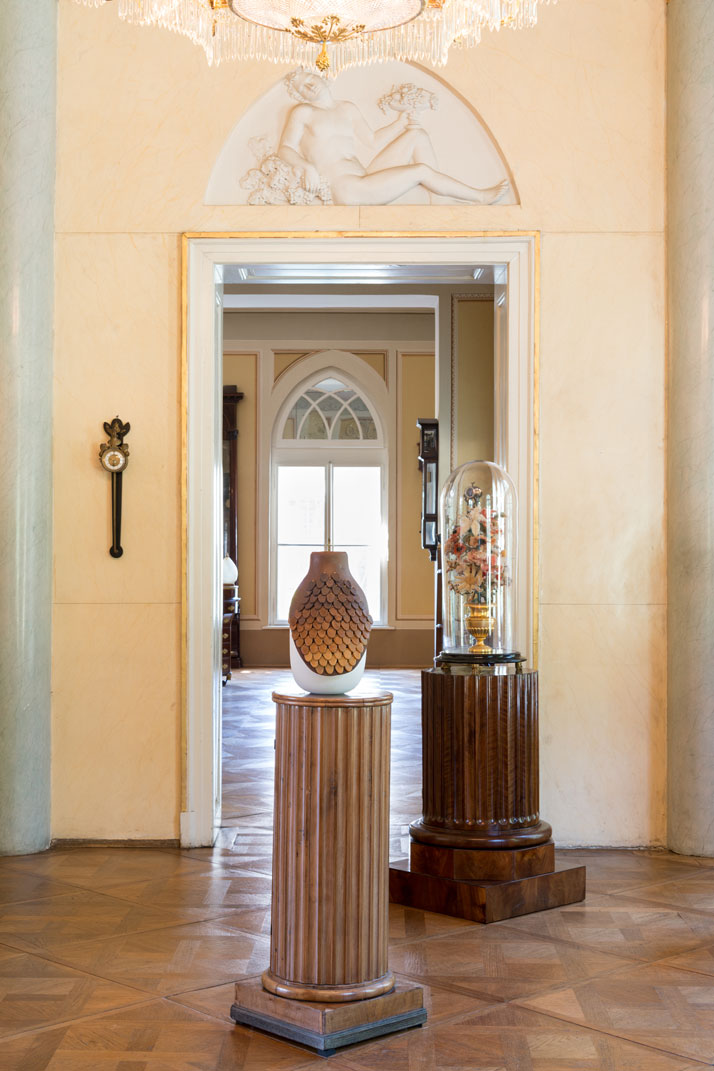
STUDIO FORMAFANTASMA. The Stranger Within, installation view. Photo © MAK / Katrin Wißkirchen.
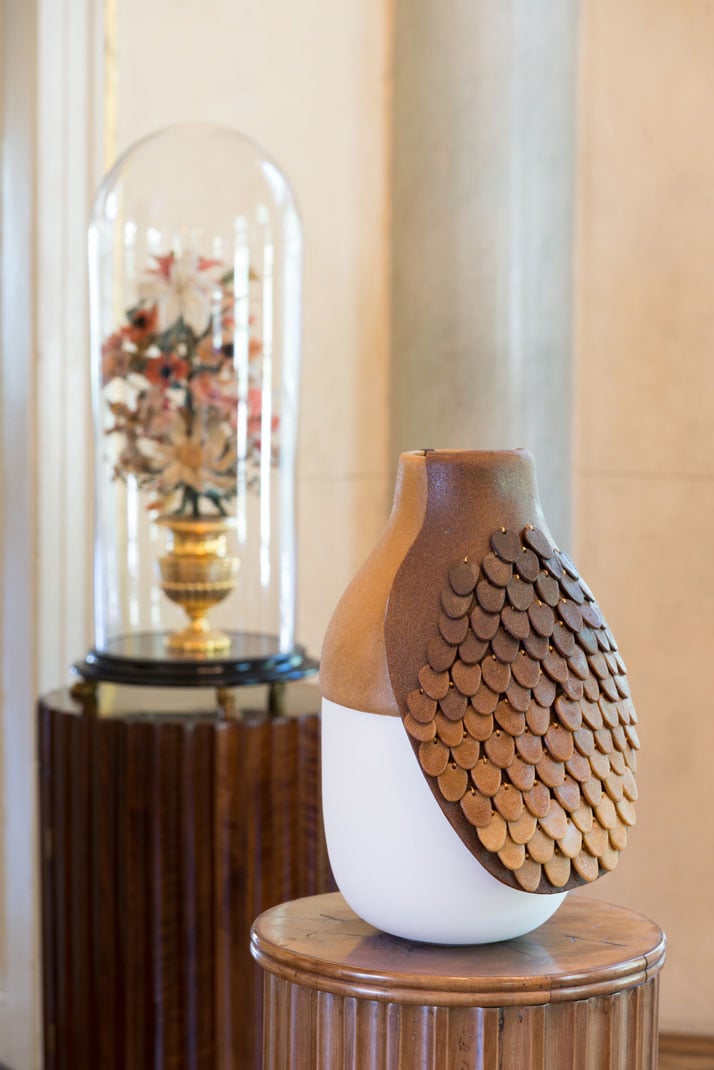
STUDIO FORMAFANTASMA. The Stranger Within, installation view. Photo © MAK / Katrin Wißkirchen.
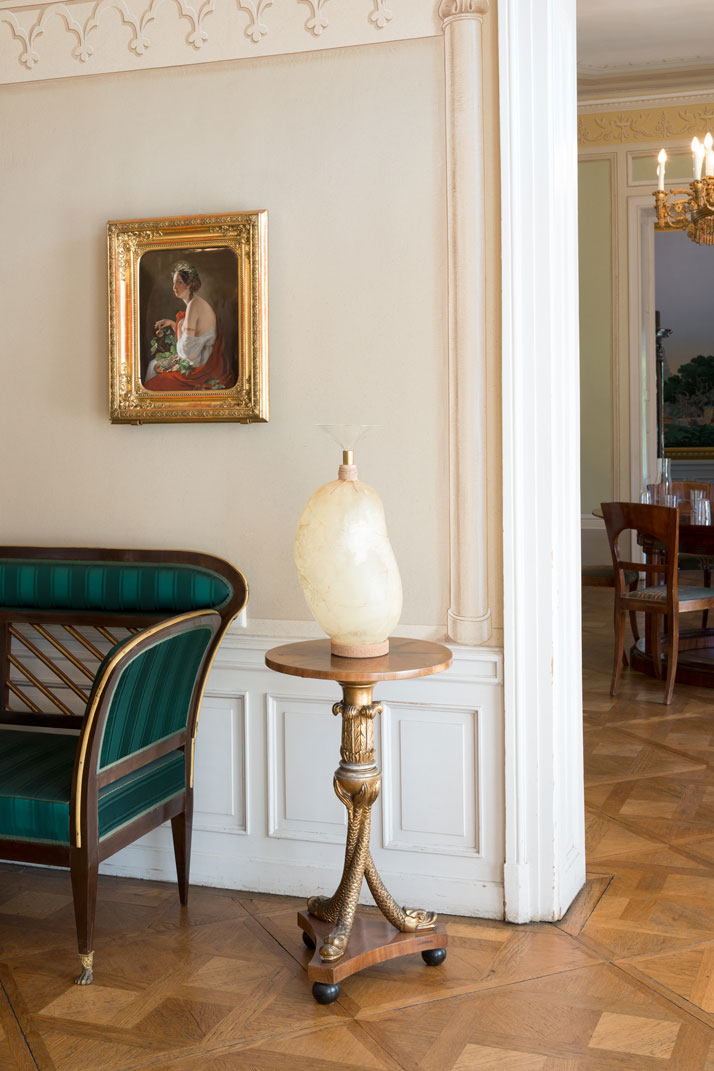
STUDIO FORMAFANTASMA. The Stranger Within, installation view. Photo © MAK / Katrin Wißkirchen.

STUDIO FORMAFANTASMA. The Stranger Within, installation view. Photo © MAK / Katrin Wißkirchen.
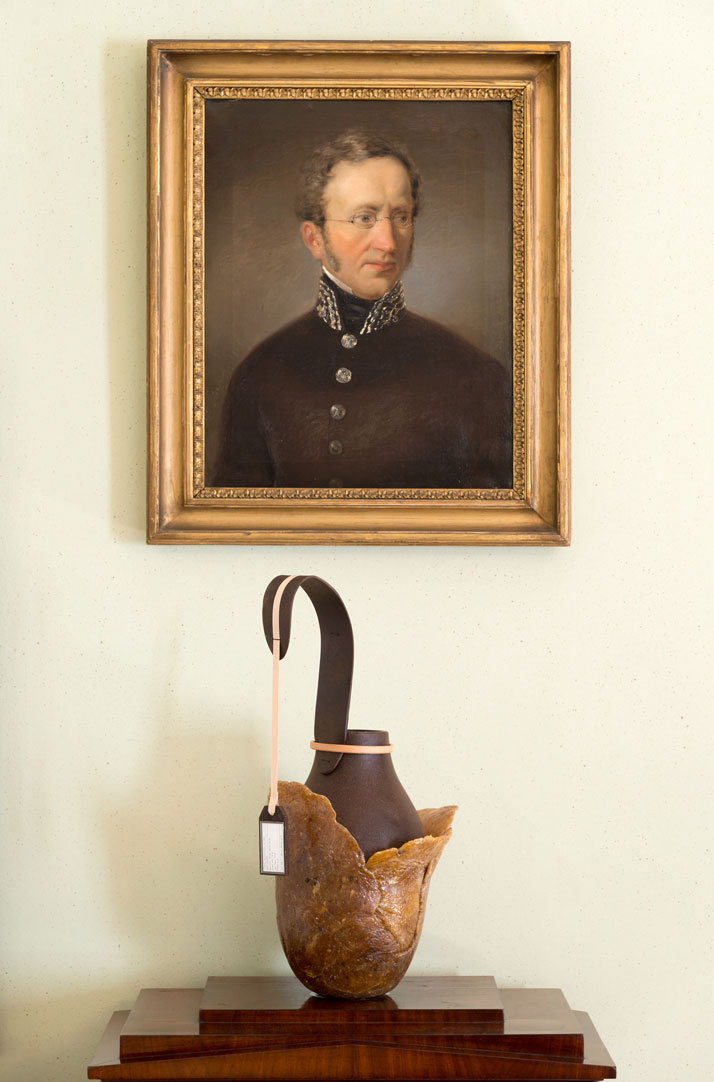
STUDIO FORMAFANTASMA. The Stranger Within, installation view. Photo © MAK / Katrin Wißkirchen.
The exhibition reflects upon our modern everyday experience as we endlessly come across the unexpected and have to adapt our thinking fast because of the sheer number of new experiences we encounter. The central work of The Stranger Within, Nodus Rug (2013) is a rug designed specifically for the Geymüllerschlössel’s Blue Salon (in collaboration with the Italian producer Nodus). The rug looks like a mask, it’s a symbolic totem and epitomizes the ‘foreign’ theme. Standing upright in the salon, the rugs act as a central catalyst from which the rest of the items continue the central theme's journey across the adjoining rooms. All enticing, each and every item has its own story and takes on a different personality and identity as a result. The textile work was made as a reference to the Jewish textile manufacturer Isidor Mautner and his family who owned the villa from 1888 to 1938 before being forced to flee the country after the National Socialists took power. The placement of these items with other objects such as hardened pig’s bladders, (the Bladder Chandelier (2013)) evoke a sense of the carnival and the movement of aesthetics as a result of time, historical events and context.
The exhibition also reflects on changes that have come about through social movement and migration with African-Arabic influences merging with all things European - exemplifying how styles converse to create something new and beautiful. In doing so, Studio Formafantasma are not just presenting floating themes but rather invite visitors to enter into a process of more in depth questioning and thinking through referencing present day migration flows and therefore bringing ideas about racism and identity to the fore.
The Botanica (2011) and Craftica (2012) series which underwent further development for this MAK exhibition have been developed from animal or plant waste materials and show how something that may once have been dismissed can actually be reconceived as something precious due to the innovative use of materials and an open mind when creating.
''Just as the Biedermeier era’s exploration of nature was accompanied by the Industrial Revolution, the present era of digital modernity is accompanied by the search for alternative raw materials and production techniques as well as a new sensuousness inherent in the products themselves. Studio Formafantasma views itself as a materials laboratory of a new industrial era'' , says Thomas Geisler, exhibition curator.
This exhibition is refreshing and exhilarating because of its multiplicity. What could first be taken simply to be a range of unusual objects in a stunning setting, once explored and understood, offers a range of discourses around the concept of identity. Here, what may be initially perceived as foreign, takes on a precious new meaning through the careful handling and understanding that comes from the shift of attitudes that culminate from the inevitable shifts in global society; a process that has taken place in the past and continues to this very day. This exhibition is an eye opener. It is challenging and yet also hopeful. In short, it's another triumph from Studio Formafantasma.
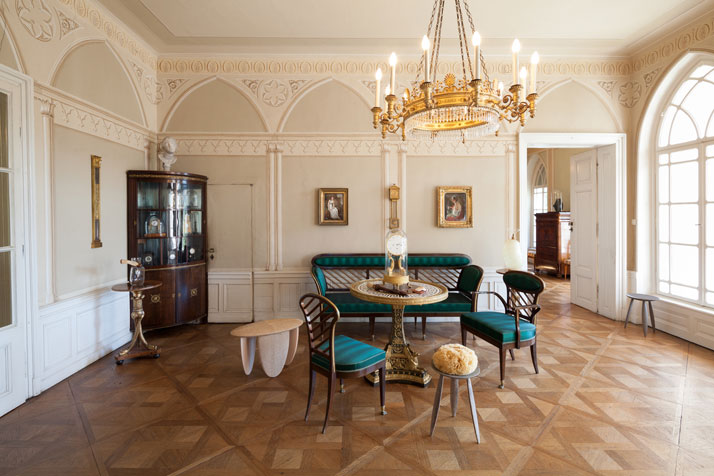
STUDIO FORMAFANTASMA. The Stranger Within, installation view. Photo © MAK / Katrin Wißkirchen.
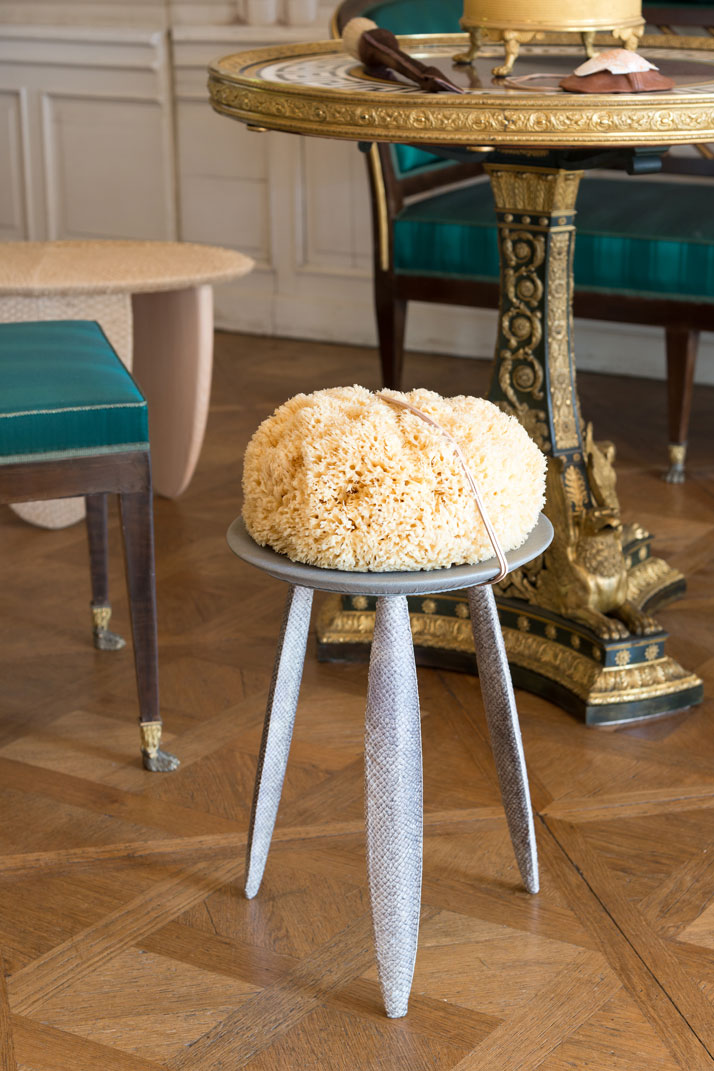
STUDIO FORMAFANTASMA. The Stranger Within, installation view. Photo © MAK / Katrin Wißkirchen.
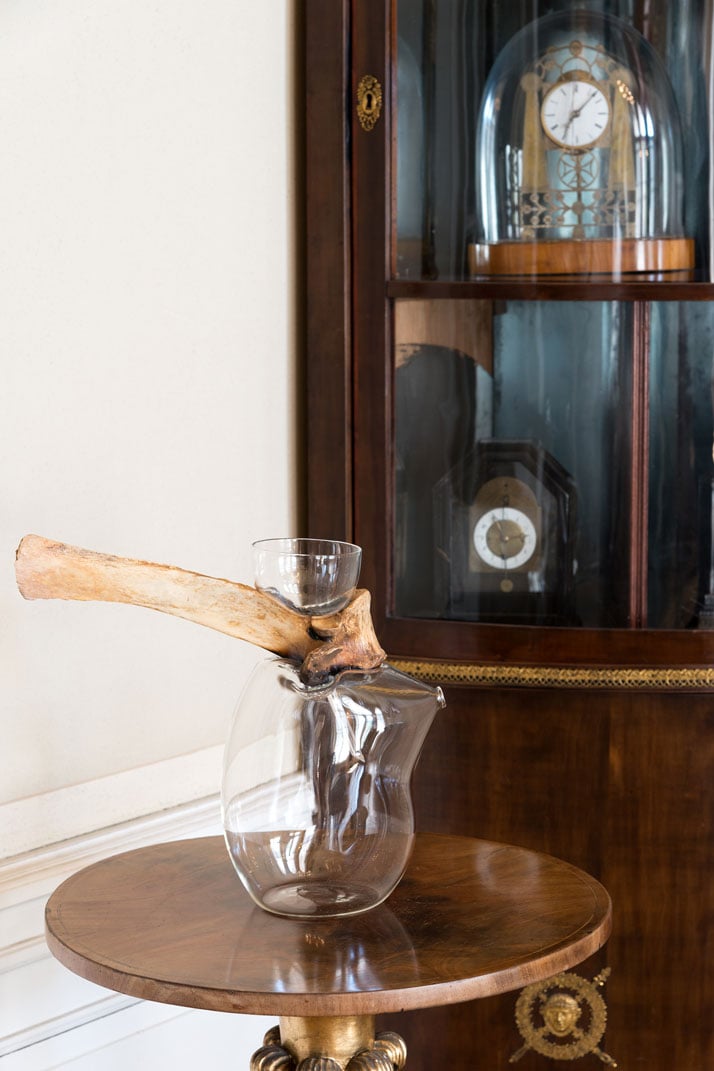
STUDIO FORMAFANTASMA. The Stranger Within, installation view. Photo © MAK / Katrin Wißkirchen.
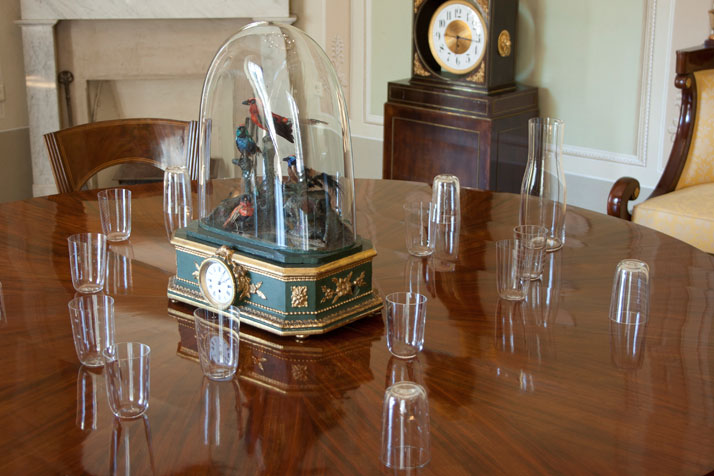
STUDIO FORMAFANTASMA. The Stranger Within, installation view. Photo © MAK / Katrin Wißkirchen.
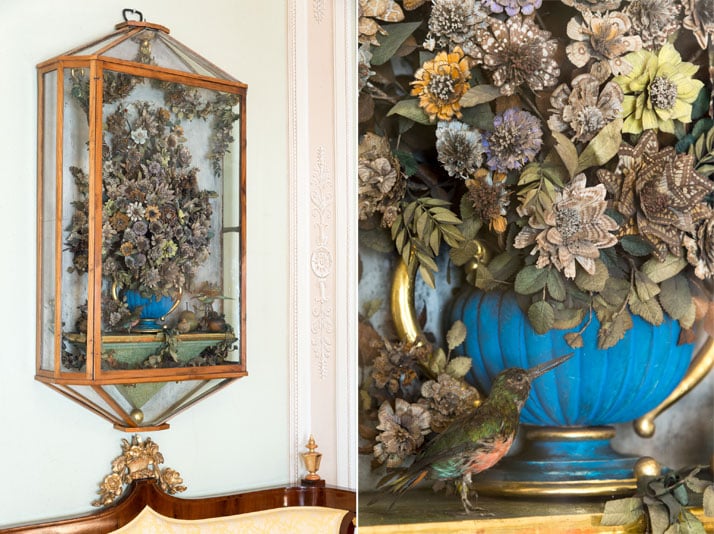
STUDIO FORMAFANTASMA. The Stranger Within, installation view. Photo © MAK / Katrin Wißkirchen.

STUDIO FORMAFANTASMA. The Stranger Within, installation view. Photo © MAK / Katrin Wißkirchen.














